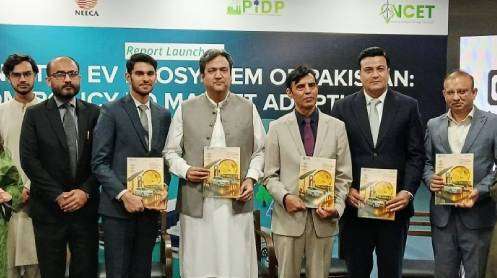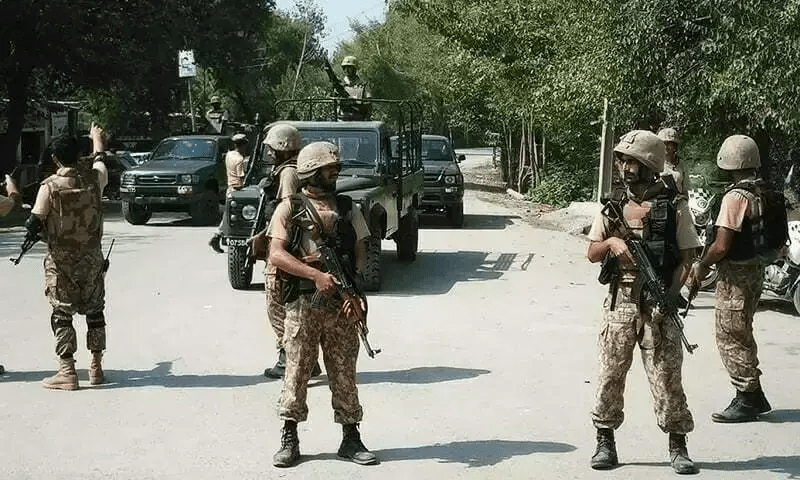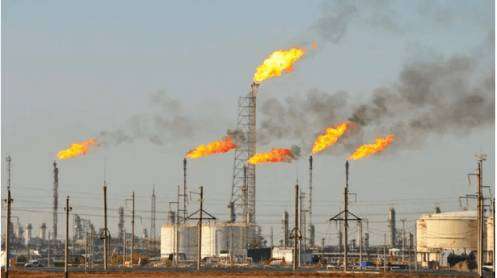ISLAMABAD: Pakistan must integrate its economic, energy, and environmental strategies to build a sustainable electric vehicle (EV) ecosystem powered by renewable energy, according to a new report by the Sustainable Development Policy Institute (SDPI).
The findings were shared at a high-level policy dialogue, “Mapping the EV Ecosystem of Pakistan: From Policy to Market Adoption,” attended by policymakers, industry leaders, and energy experts. The session marked the launch of SDPI’s comprehensive study on the country’s electric mobility transition.
SDPI Executive Director Dr. Abid Qaiyum Suleri stressed that EV adoption should align with macroeconomic and climate priorities under the New Energy Vehicle (NEV) Policy 2025 and recently issued EV charging regulations. “We must link the economy, energy, and environment if we are to succeed,” he said, highlighting the need for stronger incentives, public-private partnerships, and renewable-powered charging infrastructure.
National Energy Efficiency and Conservation Authority (NEECA) Managing Director Dr. Sardar Moazzam acknowledged that the 2019 EV policy fell short of its targets but said renewed momentum was underway. “We’ve issued over 72 licenses for charging stations, and the NEV policy aims to establish more than 3,000 nationwide,” he noted.
SDPI Energy Economy Expert Dr. Khalid Waleed warned that Pakistan’s “3E crisis” — economy, energy, and environment — is being addressed in silos. He pointed to the Pakistan Industrial Decarbonization Program (PIDP), launched in 2024, and the country’s climate-linked IMF program, which includes carbon taxation and EV subsidies, as opportunities for integrated action.
Presenting the report, SDPI’s Saleha Qureshi highlighted that transport consumes 79% of Pakistan’s oil and generates 24% of greenhouse gas emissions. While the 2030 target calls for 30% EV penetration, uptake remains low due to high upfront costs and limited infrastructure. “Two-wheeler EVs are only 16% more expensive than petrol bikes, making them more accessible than four-wheelers, which remain 30–60% costlier than ICE vehicles,” she said.
Researcher Sarim Zia outlined financing models such as green climate funds, inclusive FinTech lending, and distributed renewable charging hubs, warning against fossil-fuel-powered EV charging.
Industry representatives, including NETC CTO Salman Shaheen and NEECA Director Technical Ahsan Abbass, underscored the importance of local manufacturing, assured demand, and financing support. Panelists agreed that while policy progress and infrastructure development are underway, execution, affordability, and cross-sector integration remain the biggest hurdles to scaling Pakistan’s EV market.







